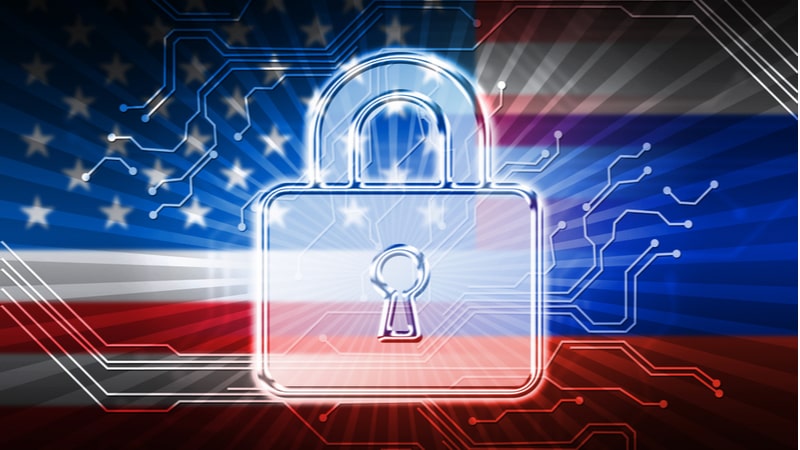
As the congressionally mandated National Commission on Military, National, and Public Service concludes its three-year effort, several of its cyber workforce recommendations are ripe for legislative action, including the idea of a civilian cybersecurity reserve.
“I am very excited about several provisions, including a cyber readiness provision to leverage a civilian cybersecurity reserve, which would permit agencies to quickly expand the Federal civilian workforce with technical skills, unique platform knowledge, and appropriate clearances necessary to address cybersecurity needs in our nation,” said Rep. Chrissy Houlahan, D-Penn., during the debates for the National Defense Authorization Act (NDAA) earlier this month.
Rep. Houlahan is a co-sponsor of H.R. 6415, the Inspire to Serve Act, which is a compilation of the commission’s legislative recommendations. The bill, discussed in July as an amendment to the House NDAA, was withdrawn from the defense legislation because of committee jurisdictional issues. During the NDAA debate, Rep. Jackie Speier, D-Calif., chair of the House Armed Services Committee’s Subcommittee on Military Personnel, committed to having a hearing on the issue in the next year.
“Cyber talent is something I’m incredibly concerned about,” Rep. Houlahan said.
The idea of a civilian cyber corps also found audience with Sen. Jacky Rosen, D-Nev., at a subcommittee hearing last month, featuring the commission’s chairman, U.S. Army Brigadier Gen. Joseph Heck. The National Commission on Service is scheduled to complete its work in September.
“We believe that the current moment requires a collective effort to build upon America’s spirit of service to cultivate a widespread culture of service,” said Heck, in a July 30 statement.
The Cyberspace Solarium Commission and National Security Commission on Artificial Intelligence have also put forth legislative recommendations to improve cyber workforce.
